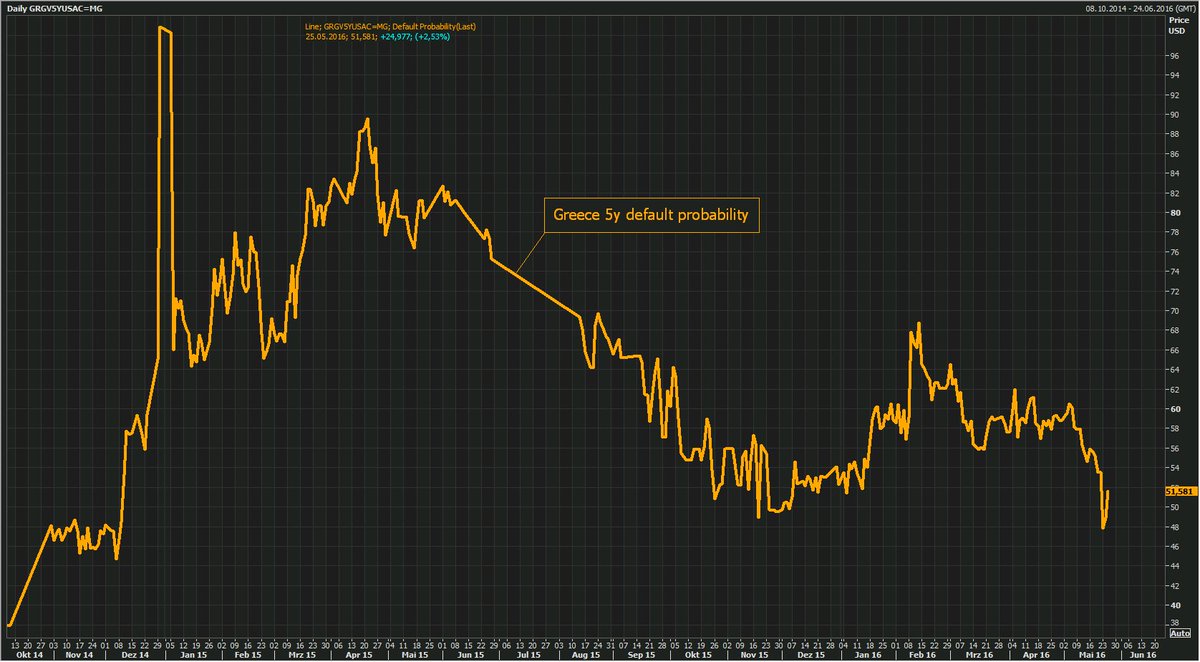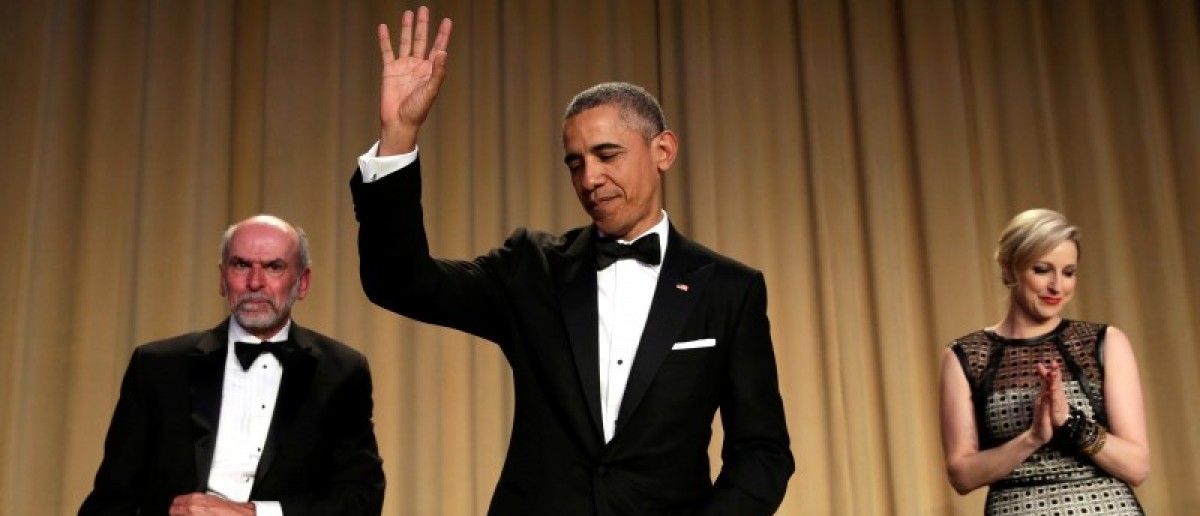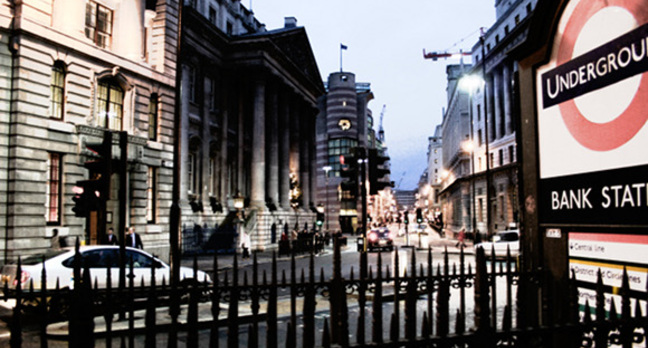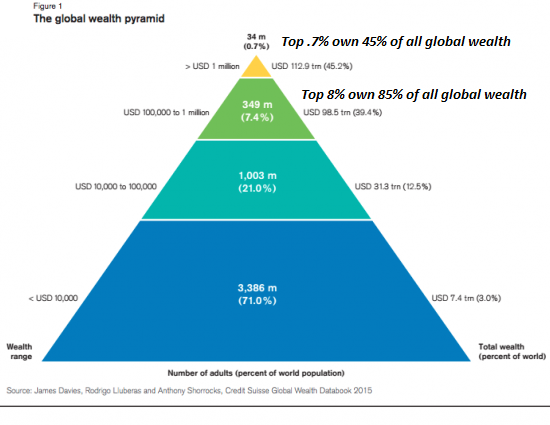From Justin Brill, Editor, Stansberry Digest:
The Federal Reserve is “obsessed” with the stock market…
So says Marc “Dr. Doom” Faber, economist, investor, and editor of the
Gloom, Boom & Doom Report.
Like us, Faber believes the Fed is more concerned about whether the
market is rising or falling than the economic data it purports to follow
closely.
In fact, he thinks last week’s
coordinated announcements about a potential June rate hike were meant to
test the market’s response. As he explained in an interview with
financial-news network CNBC last week…
[The Fed] said a rate hike is on the table so they can watch the
market reaction. If we are, in June, 10% to 20% lower in stocks and bond
yields are up, they’re not going to move. If, on the other hand, the
market is relatively stable and moves up from here… they will probably
move. They’re very much market dependent in my opinion.
While the official measures like unemployment, economic growth, and
inflation are at or near the Fed’s stated goals, Faber doesn’t think the
economy is as healthy as those numbers suggest. More from the
interview…
My sense is that the economy is, in some sectors, hardly growing. The
retail-sales figures are very suspicious and the employment figures are
also suspicious. The difficulty is, can you trust the published data,
whether that is in the U.S., in Europe, or in China? Of course I don’t.
Like several other notable investors we’ve heard from recently, “Dr.
Doom” is especially bullish on gold stocks. But like us, he also
believes proper asset allocation is critical today…
The most attractive asset in my view is gold shares… I think they
still have significant upside potential this year… You need to be
diversified. To own some real estate makes sense, to own some equities
makes sense, to own some cash and bonds probably makes sense, and to own
some precious metals makes sense.
Speaking of the economy, new data last week showed one of the job
market’s early warning signs could be flashing. Staffing firms say
hiring of temporary workers – one of the biggest drivers of job growth
over the past several years – has suddenly slowed.
Why is this important? Because temps tend to be a strong leading
indicator of the health of the broad economy… They’re often the first
employees companies add when the economy strengthens, and the first that
companies let go when it starts to weaken.
The
Wall Street Journal reports we saw a similar slowdown in
temp hiring before each of the past two recessions. As Donald Grimes, a
labor economist at the University of Michigan, told the
Journal…
It’s the first sector that really begins to lose jobs. If you start seeing those numbers go negative, you’ve got a real problem.
Meanwhile, our colleagues Steve Sjuggerud and Brett Eversole recently noted another troubling sign for the job market…
Initial jobless claims – a measure of the number of new folks
applying for unemployment each week – just broke out to a new one-year
high… And their research shows this could be bad news for U.S. stocks.
As they explained to subscribers in last week’s
True Wealth Systems Market Extremes…
Stocks actually lose value when Initial Jobless Claims trend higher.
And Initial Jobless Claims recently broke out to a one-year high. Take a
look…

According to history this move is enough to push Initial Jobless
Claims into an uptrend. And history shows that stocks lose 2.0% a year
when the trend is up in Initial Jobless Claims.
Obviously, this is a bad thing for U.S. stocks. If this trend continues, it could mean the end of the bull market.
Steve and Brett said they aren’t ready to give up on the bull market
just yet. It’s still a little early to know if an uptrend has begun, but
they’ll be watching for confirmation in the weeks to come…
Jobless Claims data are notoriously “messy.” So the recent reading
could be an anomaly, not the beginning of a new trend. However, we’ll be
watching U.S. employment closely going forward. A continued employment
breakdown could mean a recession is on the way. And stocks suffer their
biggest losses during recessions…
The U.S. economy and the trend in stocks will be major factors in how
we invest in the next few months. And this breakout in Initial Jobless
Claims is an important piece of that puzzle. It says to be cautious of
the U.S. market today.
Troubles in the job market aren’t the only new worries for stocks…
According to Bloomberg Business, the five-year “binge” in share
buybacks could be over. (If you’re not familiar, share buybacks are when
companies purchase their own shares in the market and “retire” them.
This reduces the number of shares outstanding and makes each remaining
share more valuable.) From the article…
After snapping up trillions of dollars of their own stock in a
five-year shopping binge that dwarfed every other buyer, U.S. companies
from Apple to IBM just put on the brakes. Announced repurchases dropped
38% to $244 billion in the last four months, the biggest decline since
2009, data compiled by Birinyi Associates and Bloomberg show.
The number of companies cutting dividends has also soared to the highest levels since the financial crisis.
As we’ve discussed, share buybacks are a double-edged sword.
Under the right circumstances – particularly when shares are trading
at a discount to the value of the underlying business – they can be
great for investors.
But most of the time, this isn’t the case… Just like most individual
investors get bullish when the market rallies and bearish when the
market falls, corporate executives often choose to buy back shares after
they’ve rallied and are expensive.
Worse, as real earnings have slowed in recent years, management teams
have been incentivized to buy back more and more shares regardless of
price. They’ve even been loading up on debt to keep the party going.
Again, this is because buybacks reduce the number of shares
outstanding. By reducing share counts, the same amount of earnings is
magically transformed into higher earnings per share, Wall Street’s
favorite metric of profit growth.
Now it appears the slowdown in earnings may have finally reached a tipping point.
Companies may no longer be willing or able to take on more debt to
buy back shares and pay dividends… meaning one of the biggest drivers of
the stock market rally could be about to disappear. As Commonwealth
Financial Network Chief Investment Officer Brad McMillan told Bloomberg…
If the only meaningful source of demand in the market is companies
buying their own shares back, then what happens if that goes away? We
should be concerned.
Regular
Digest readers may recall Porter predicted exactly this scenario last summer. As he wrote in the September 4
Digest…
It should be obvious to everyone that companies can’t spend more
buying back shares and paying out dividends than they earn – at least
not for long…
The last time the S&P 500 managers collectively spent more than
they were earning on shares and dividends was the second quarter of
2007. Just a few months before the market’s last peak. The managers’
spending reached 156% of their free cash flow in the fourth quarter of
2007. You may recall the last big stock market peak was in November of
2007…
The more important thing to understand is that, when they are
spending more collectively than they’re earning, their buying power is
immense – enough to move the market higher by itself.
When they stop buying, it’s almost certain the market will fall.
And they can’t keep spending more than they’re earning, not for long.
We’ll be keeping a close eye on these warning signs for stocks and the economy… We recommend you do the same.
Regards,
Justin Brill













